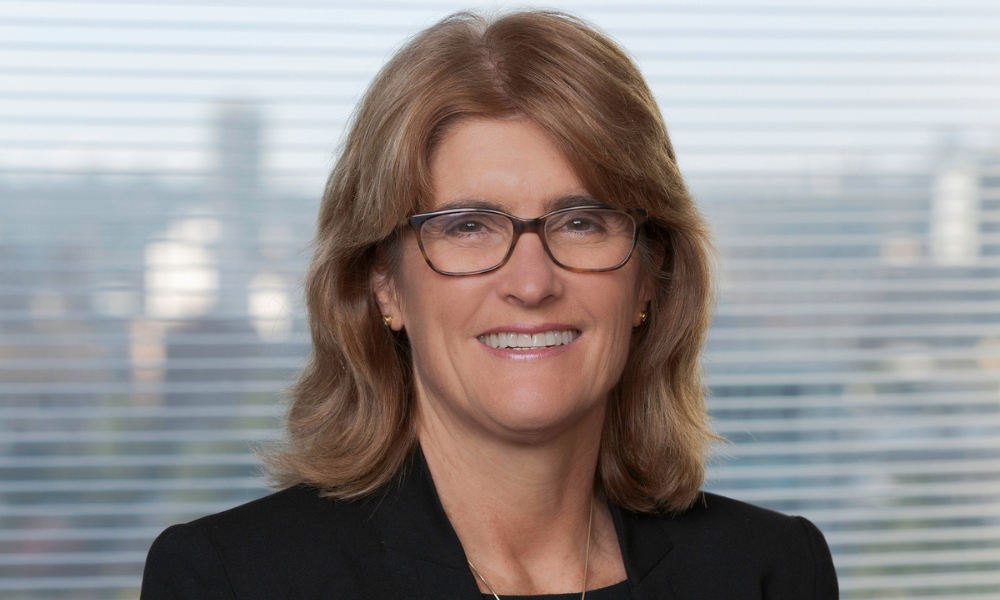Central bank will maintain restrictive monetary policy in the near term

Any discussion of interest rate cuts is premature, according to Reserve Bank of Australia (RBA) governor Michele Bullock, noting that inflation persistently remains above target.
“The RBA board’s message following its meeting only a few weeks ago was that it is premature to be thinking about rate cuts,” Bullock said. “Circumstances may change, of course, and if economic conditions don’t evolve as expected, the Board will respond accordingly.
“But if the economy evolves broadly as anticipated, the board does not expect that it will be in a position to cut rates in the near term.”
Speaking at the Anika Foundation fundraising lunch, Bullock reiterated the central bank’s priority of bringing inflation back within the target range, while acknowledging the challenges ahead for both the economy and Australian households.
“While inflation has fallen substantially since its peak, it is still some way above the midpoint of the 2–3% target range, with underlying inflation – as measured by the trimmed mean – at 3.9% in June,” she said.
Although the RBA forecasts inflation will return to target by late 2024, Bullock noted that the process is slower than anticipated and warned of potential risks.
She specifically addressed market expectations of rate cuts starting next year, stating that such forecasts are based on the assumption of favourable economic conditions. However, Bullock said the RBA’s monetary policy would remain restrictive until there is confidence that inflation is on a sustainable path towards the target range.
Bullock also touched on the rising cost of living, particularly in housing and market services, which continue to contribute significantly to inflation. Housing costs, including strong increases in rents, and market services inflation are key drivers of elevated inflation, she explained.
She said the central bank remains vigilant to these pressures, stressing that inflation must be tamed to prevent broader economic harm.
Looking ahead, Bullock predicted that many households would face tough choices, especially those feeling the strain of rising living costs and higher interest rates.
“Owner-occupiers with variable-rate loans have had to make quite painful adjustments to avoid falling behind on their mortgage repayments,” she said. “This includes things like cutting back on their spending to the more essential items, trading down to lower quality goods and services, dipping into their savings or working extra hours. Some may ultimately make the difficult decision to sell their homes.”
Bullock then stressed the importance of reducing inflation, not just for economic stability but also to protect the most vulnerable segments of society.
“There is a reason why there is so much talk about the cost of living – high inflation hurts everyone, and especially the most vulnerable,” she said. “It reduces what people can buy with their wages, erodes the value of savings, and it disproportionately hurts those on low or fixed incomes.
“This is why it is imperative that we return inflation to levels that mean it is in the background again – at which point it will no longer be distorting our economy.”
Want to be regularly updated with mortgage news and features? Get exclusive interviews, breaking news, and industry events in your inbox – subscribe to our FREE daily newsletter. You can also follow us on Facebook, X (formerly Twitter), and LinkedIn.



